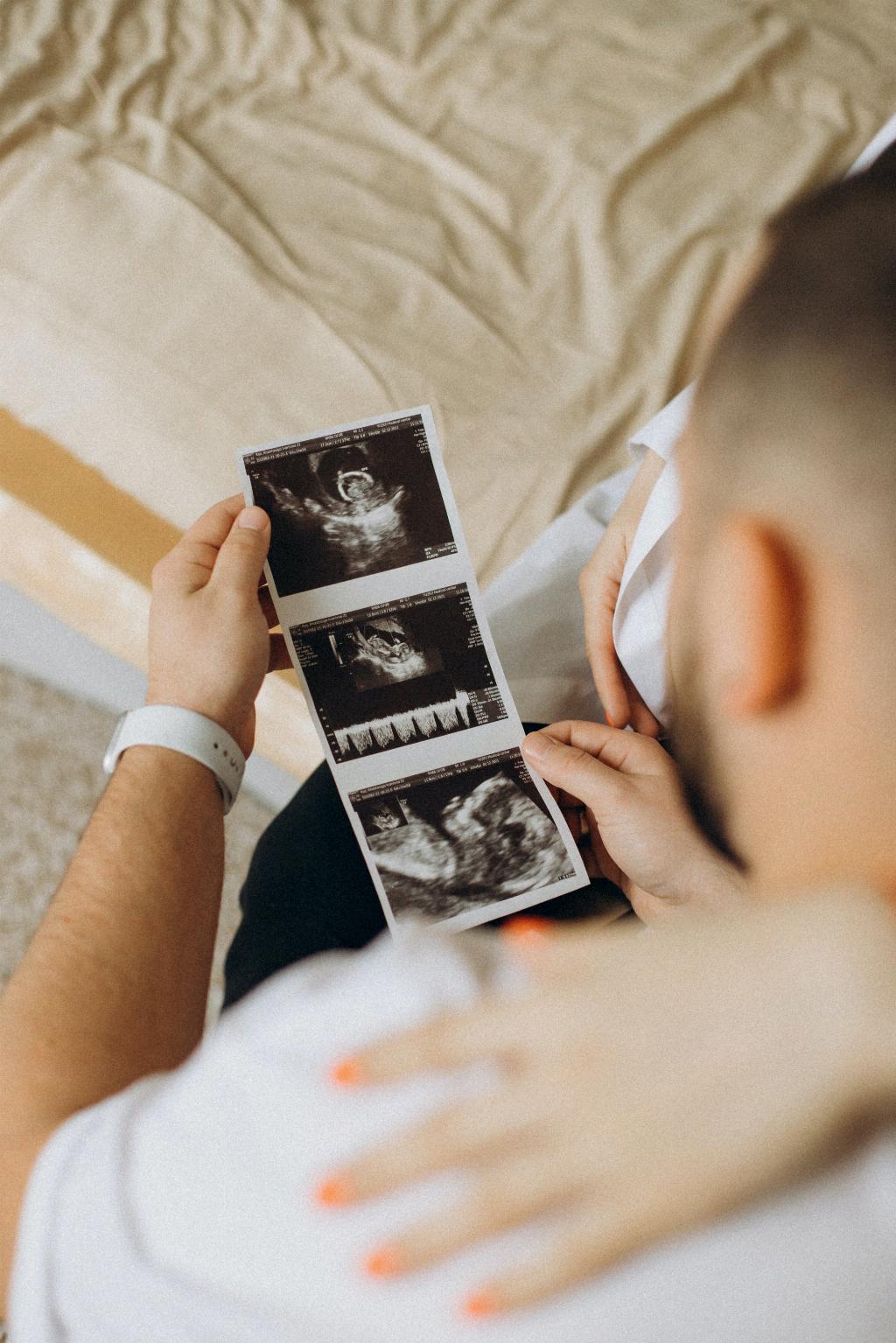When discussing the duration of a corpus luteum cyst during pregnancy, it is crucial to understand that a luteal cyst is typically considered benign and poses minimal risk to the expecting mother and baby. These types of cysts often disappear on their own without any medical intervention. The corpus luteum, a temporary endocrine structure, plays a vital role in supporting early pregnancy by secreting progesterone until the placenta takes over this function.
According to Peskin-Stolze, an expert in the field, it is common for a corpus luteum cyst to persist throughout the first trimester and into the early stages of the second trimester. However, the majority of these cysts tend to resolve independently during this period. The presence of a corpus luteum cyst in pregnancy is a natural occurrence and is not generally cause for concern.
While the exact timeline for the disappearance of a corpus luteum cyst can vary from person to person, it is reassuring to note that these cysts typically resolve themselves by the end of the first trimester or early part of the second trimester. Monitoring the cyst’s size and the mother’s symptoms is crucial in determining if any further action is necessary, such as closer observation or medical management.
During pregnancy, the corpus luteum cyst is expected to decrease in size as the demands for progesterone production change with the progression of gestation. As the placenta develops and takes on the role of progesterone production, the corpus luteum’s activity diminishes, leading to the natural regression of the cyst. This process is a normal part of the body’s adaptation to pregnancy and is usually not a cause for alarm.
It is essential for pregnant individuals with corpus luteum cysts to attend regular prenatal check-ups with their healthcare provider to monitor the cyst’s status and ensure the pregnancy is progressing smoothly. In most cases, the presence of a corpus luteum cyst does not impact the overall health of the pregnancy and is considered a benign finding that resolves on its own in due time.
While corpus luteum cysts are typically self-limiting and do not require specific treatment, individuals experiencing concerning symptoms such as severe abdominal pain, abnormal vaginal bleeding, or signs of infection should seek immediate medical attention. These symptoms may indicate complications related to the cyst that merit further evaluation by a healthcare professional.
Having a thorough understanding of the natural course of corpus luteum cysts in pregnancy can help alleviate fears and uncertainties that individuals may have regarding this common occurrence. It is normal for healthcare providers to monitor the cyst’s progress during routine prenatal care appointments and provide guidance on any necessary steps if complications arise.
Overall, the duration of a corpus luteum cyst in pregnancy varies, but in most cases, these cysts resolve spontaneously by the end of the first trimester or early part of the second trimester. Keeping an open line of communication with healthcare providers and staying informed about the expected progression of the cyst can help individuals feel empowered and confident in their pregnancy journey.
As with any aspect of pregnancy, it is essential to trust in the body’s ability to adapt and respond to the changes that occur throughout gestation. While corpus luteum cysts may present as a temporary concern, they are typically a transient issue that resolves without causing harm to the mother or the developing fetus.

